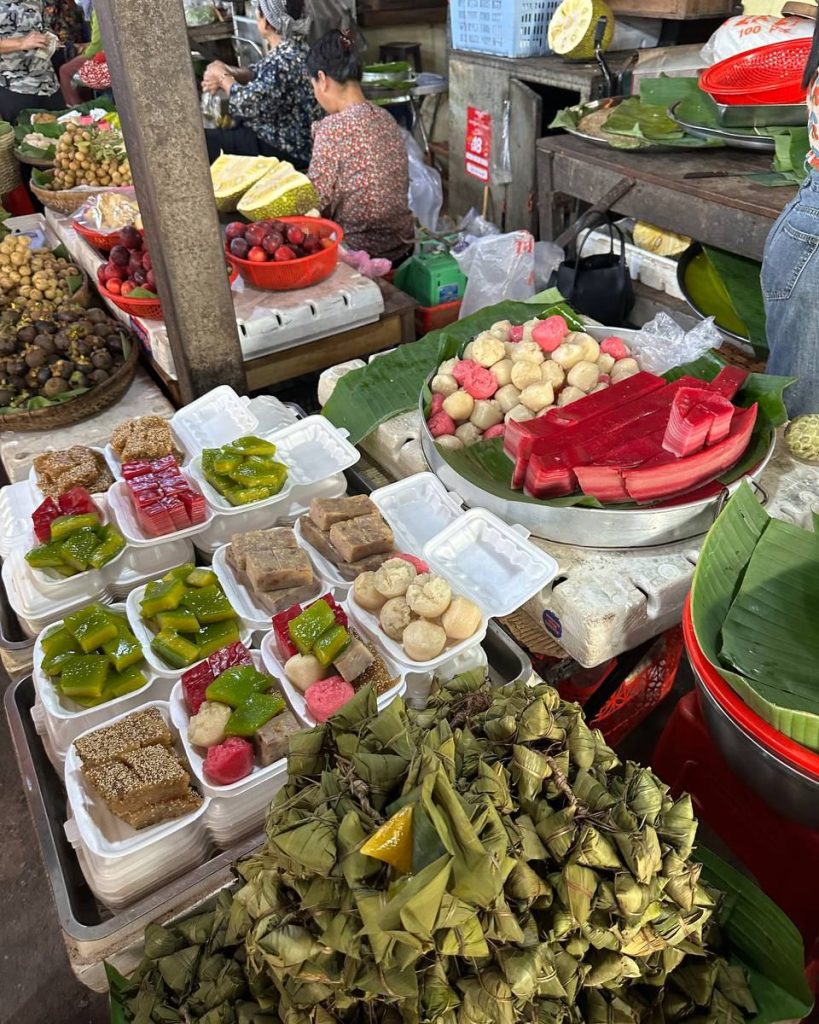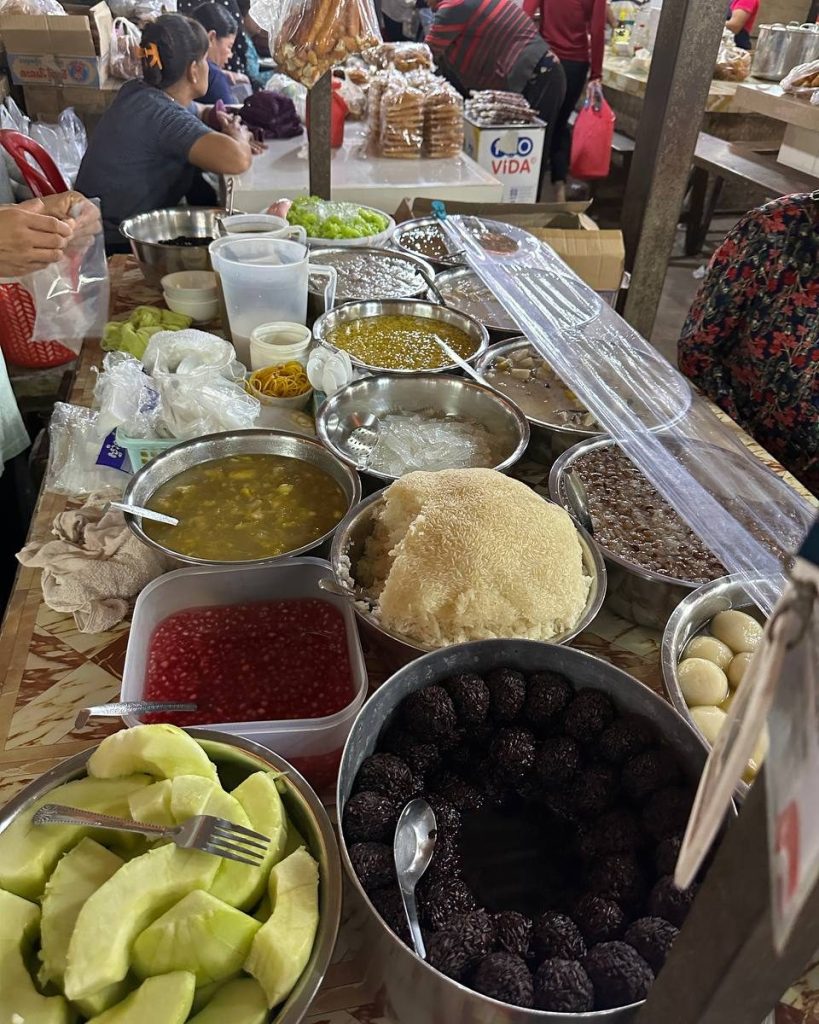Nature's power unleashed as the storm beckons.
It is possible for nature and development to coexist beautifully.
Kampot's farmland is home to some stunning scenery. At this rubber plantation, one can see a horizon line among the rubber trees. When nature and agriculture combine, the view often gets all the more interesting!
In Kampot's countryside, there are seemingly endless fields of green, where I felt comforted amidst nature. There, I chatted with my friend, who I will refer to as Keith for privacy reasons, a farmer, who shared that he hoped to move to urban Kampot to live more comfortably one day.
Returning home to Singapore last Thursday, I recalled his words when I saw our familiar HDB flats. In urban Singapore, we have fields of tarmac and concrete instead, along with our modern comforts and appliances. Forest bathing and city immersion are starkly different. Yet, both urbanites and rurality yearn for the "greener" pastures of the other side.
What is the best solution? If we could only have the best of both worlds! r+ bridges urban sophistication and rural rusticity, marrying the benefits of both ways of life as we create the new rural.
It's another busy work week for us at r+. While I waited to cross the road at the side of a junction in Kampot, I observed some farmers cutting tall grass. Curious, I asked them why they needed the grass. They answered that they were cutting the grass for cattle feed for their neighbouring farmer, and in exchange, the cattle farmer would give them manure as fertiliser for their own crops.
Nowadays, our urban societies proclaim, "We need to create an ecosystem!" Yet, rural communities have already achieved their own sustainable ecosystems, not by complex plans over Powerpoint, but through intuition. It got me thinking: we already have a default ecosystem of bartering, but urban living may have detached us. Perhaps our new ecosystems should take inspiration from rurality, and be derived by intuition, instead of us crafting needlessly complex systems.
Cost of living. This buzzword is often tossed around, usually with anger and frustration. With the escalating cost of living, where, how and when can one retire? The answer to two of those is Kampot.

While Phnom Penh is the capital of Cambodia, Kampot is just a two-and-a-half hour drive away from its hustle and bustle. This idyllic coastal city is famous for the Kampot peppers that bear its name. Its other crops include durian and sea salt. Beyond coveted produce, Kampot is making waves for its potential. Cambodia has adopted a new stance on foreign investments, enacting a Trust Law which has proven greatly popular in enabling foreigners to invest in land to be held by a trust. This has attracted over US$300 million from trust companies to date, a clear indication that the country has high appeal. There are also many upcoming projects such as Kampot Park and Sarita Waterside, which offer choice land plots to suit various purposes.
Kampot boasts several well-established expat communities, and an especially sizable French community. One can check out The Hideaway (+855 16 367 304), a restaurant which offers many faithful French cuisine staples and more.
Little wonder that r+ has chosen Kampot as the site of our inaugural r+ | grains cafe and upcoming hotel. Offering comfort off the beaten track, r+ promises opportunities and experiences that are both memorable and meaningful.
Come join us and live the good life at Kampot!
For more information, please contact hello@rplus.asia
[1] https://www.khmertimeskh.com/501149031/generating-trust-for-investors/
With its proximity to the equator, Kampot receives an average of 12.6 hours of sunshine per day.
r+ takes advantage of these long hours of sun exposure by harvesting solar energy with our solar panels. This way, we apply eco-friendly, renewable energy to decrease our carbon footprint on the local environment.
Even in the midst of a bustling city during the day, the beauty of nature shines through and lifts our souls as dawn breaks.
When planning for the exterior of the r+ cafe | grains, I was asked why we chose rice.
There are several reasons. First, it is a good way to preserve the horizontal aspect of the land. Secondly, we wanted a plant that is both aesthetically pleasing and a crop that we can harvest. Thirdly, we want visitors to r+ cafe | grains to gain an appreciation of rice, by seeing it grown in situ, supporting the field to table movement.
While a normal cafe may use an ornamental plant, we want a cafe that carries the r+ brand to showcase our values. We endeavour to work in harmony with the environment and offer our guests the most authentic experience. This is the r+ difference.
Recently in Kampot, I chanced upon what seemed to be a curry puff, complete with the signature green dot on the pastry skin! However, when I bit into the pastry, the filling was made with Mung Bean (which incidentally tasted sweet beneath the pastry crust).
It was then I thought about Cambodian Kuehs, and how they have an uncanny resemblance with other Southeast Asian Kuehs. Could Cambodian Kuehs share the same origins as Malaysian Kuehs? Or vice versa? Generations of changing preferences and varying living conditions could have introduced and evolved a multitude of adaptations.
Through food, we can understand a culture's traditions and history. From ingredients, preparation methods, to how a dish is presented, every element reflects the interweaving of intangible practices that we take for granted.

